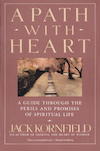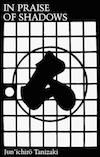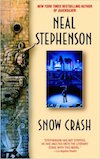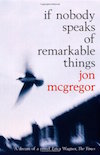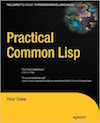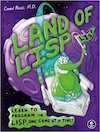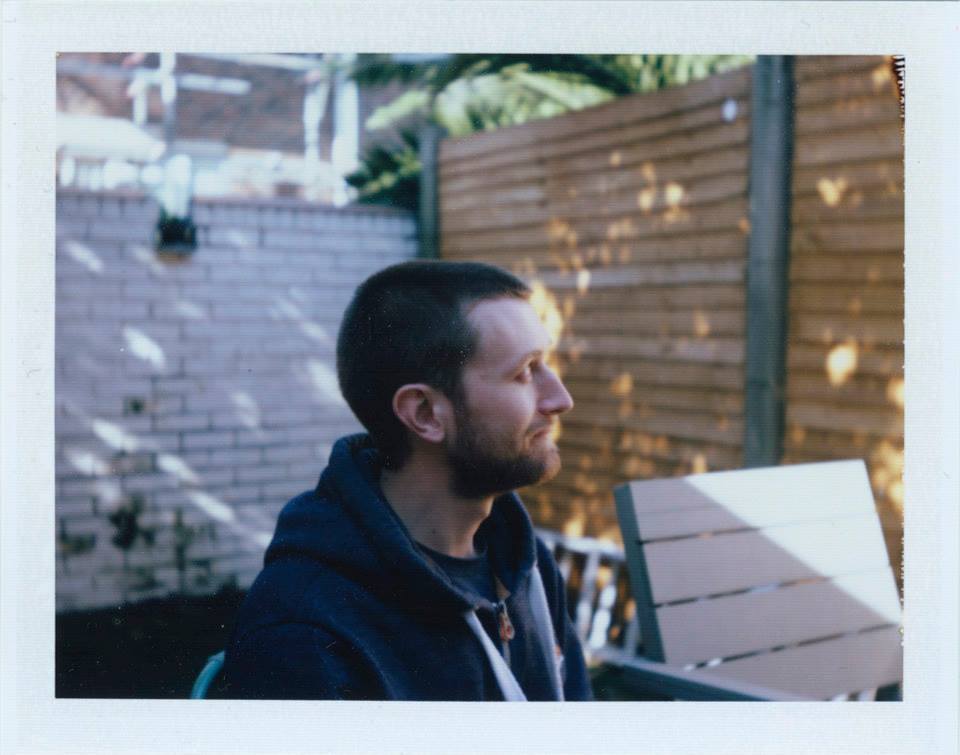
Who are you, and what do you do?
I'm Ollie, a Haskell programmer based in London. I've just started my latest job, joining the fantastic team at CircuitHub to try and remove a lot of the unnecessary friction and baggage currently involved in trying to print circuit boards. Outside that, I'm a keen hobby programmer too, and am probably best known for my work on "24 Days of Hackage" - a yearly series of blog posts exploring Haskell libraries and programming techniques, delivered as an advent calendar leading to Christmas.
Outside programming I am a passionate road cyclist, which fits in nicely with my programmer background - almost everything on my bike is measured and quantified to help perfect my training. I also build modular synthesizers to explore sound design - modular synthesizers let me connect any components together with wires, so it's a bit like visual programming - and also very tangible!
What books have influenced you the most?
A Path with Heart by Jack Kornfield. While I haven't actually finished this book, I think this book was my first introduction to teachings in Buddhism. This book has truly shaped my life, as I continue to have an active interest in Buddhism, mindfulness, loving-kindness, and many other related aspects. If I were approaching the subject afresh, I would probably start with When Things Fall Apart by Pema Chodron, which is rather mistitled, but a fantastic down-to-earth read about some of the most important aspects of Buddhism for personal progression.
In Praise of Shadows by Jun'ichirō Tanizaki. I have always had a feeling that perfection and cleanliness was misplaced in aesthetics, it is the imperfections that give things character and soul. It was really refreshing to pick a book that clarified and expanding on these feelings, but also combined that with my passing interest in Japanese style and culture.
Snow Crash by Neal Stephenson. It's hard to pick from my favorite list of fiction novels, but Snow Crash is definitely at the top of any list. Not only did this book introduce me to the themes in cyberpunk, it was one of the first books I read that really upped the pace and got my heart-racing. To a degree, it reminded me of the importance of fiction, whereas I had previously mostly focused on non-fiction.
If Nobody Speaks of Remarkable Things by Jon McGregor. I think this is the first book I read that moved away from everything I thought a book was, and challenged my assumptions. I think this book introduced me to the idea that words and sentences themselves can be art and evoke very emotional responses, regardless of the subject matter.
Practical Common Lisp by Peter Seibel. It's equally difficult to choose a programming book, because many, many books have shaped my life. I've chosen Practical Common Lisp, because as far as I can remember it's the first book I got when I was exploring "alternative" programming languages - languages other than things like PHP, Java, C# that I was probably writing at the time. Lisp was eye-opening to me for being radically different in almost every way. Code as data, the syntax was alien, the ideas of higher-order functions, but even the way you interacted with tools such as via a REPL - all of these have quite literally changed the way I write code to this very day.
What book would you like to write?
I feel like there is a gap in the market of books for programmers that truly boils down the essence of what it means to be a programmer. There are ideas of unwavering-rationality that have to be understood, but there is a large amount of intuition that is developed over the course of these careers that is rarely spoken about - maybe because it's so difficult to convey.
It would be nice to have a book that conveyed these ideas independent of a programming language, and maybe even independently of a specific paradigm - given how free programmers are to move around between techniques, I'm certain there is something common there.
I'm not sure I'm the person to write such a book, but I'd sure like to read it!
For a book that I'm a bit more able to write, I would love to explain in detail the concept of Functional Reactive Programming - an approach to building interactive software that is slowly starting to gain popularity. If I were to write such a book, I'd love to take the same approach as Land of Lisp - I think games are an excellent medium to explore programming. They are, after all, what got me into it.
